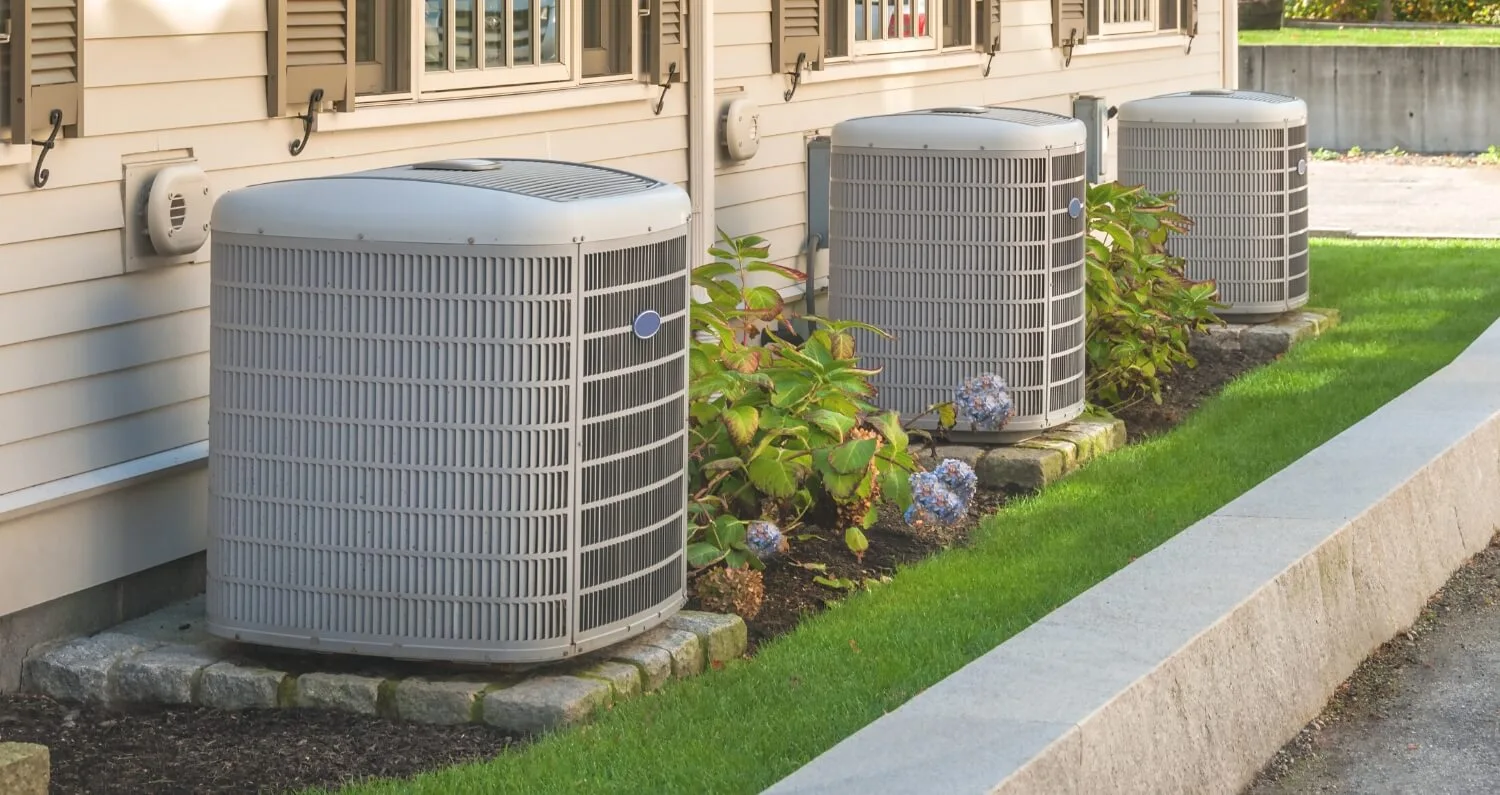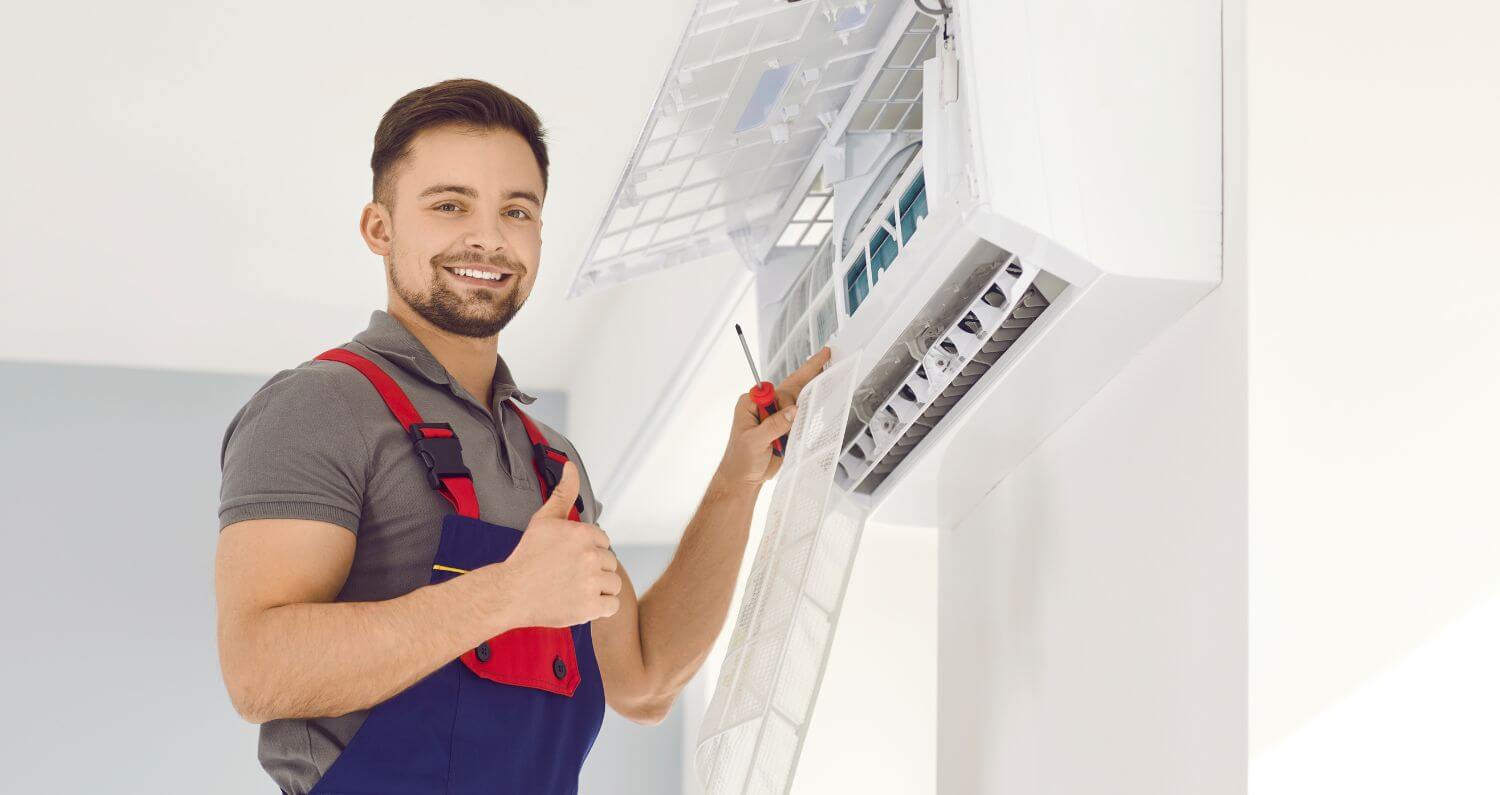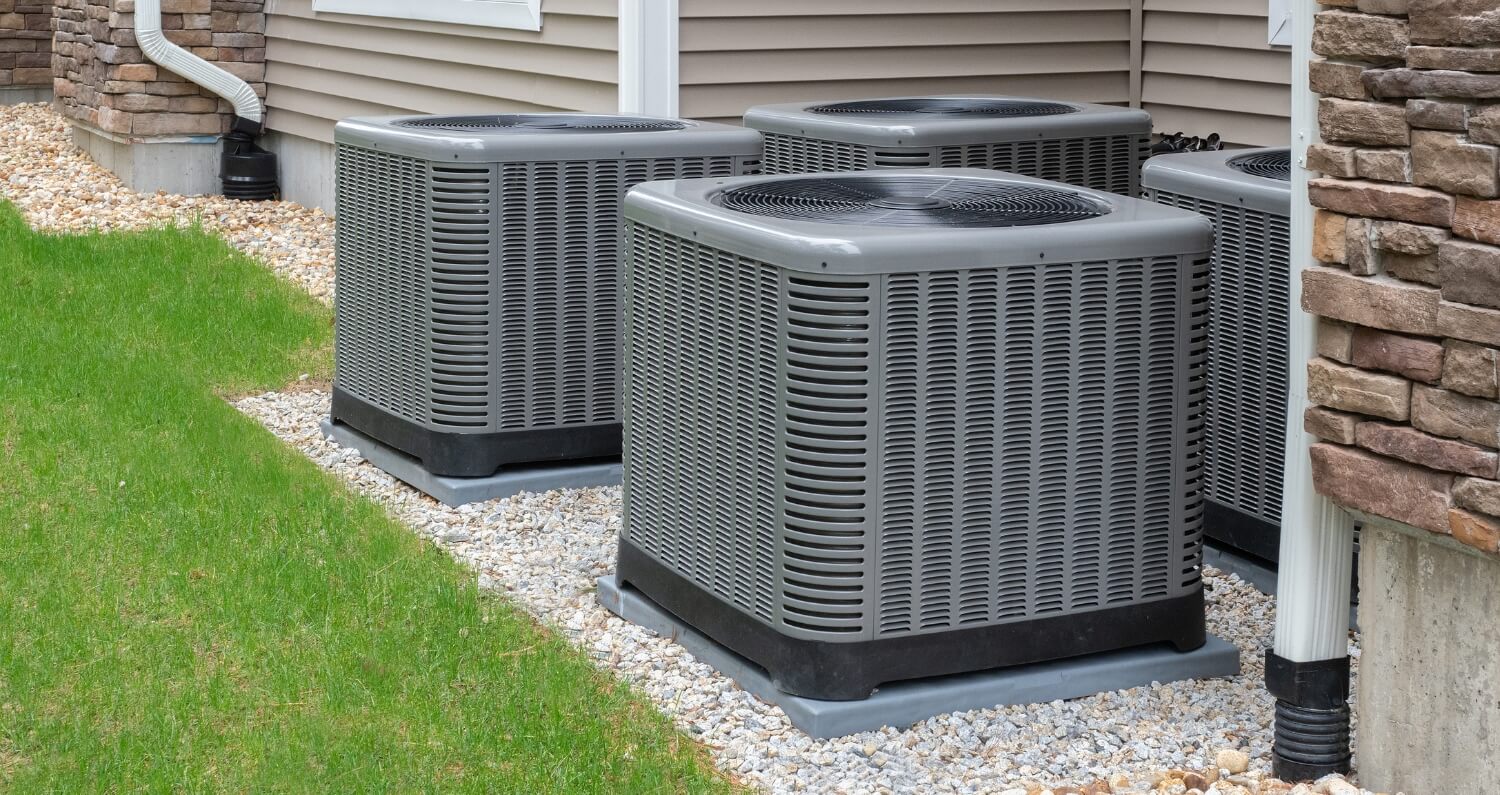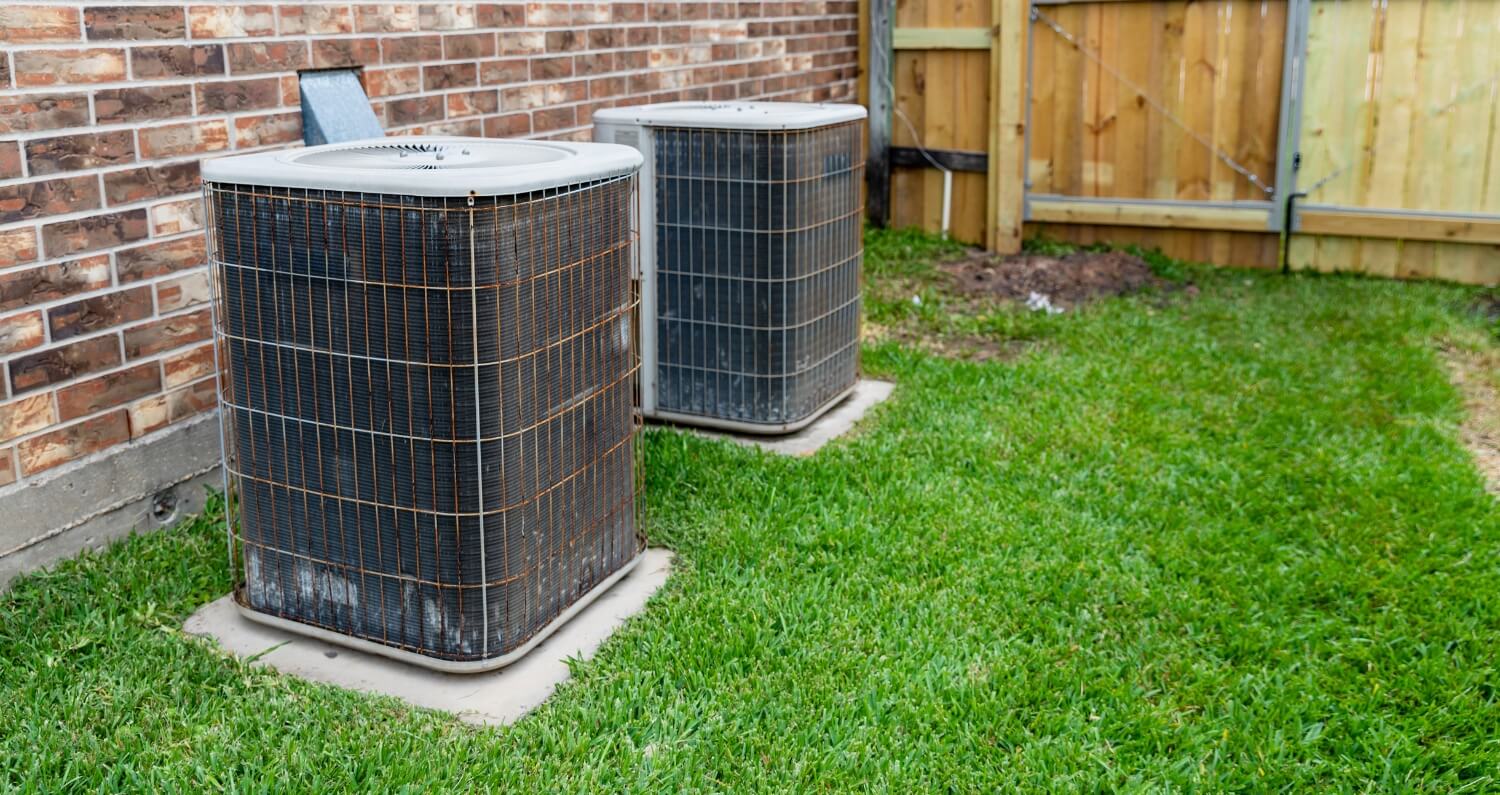As a homeowner, few events in life are as traumatic as the day your HVAC system reaches the end of its lifespan, and its spirit enters HVAC heaven. The day can feel even more tragic if you’re in the middle of a winter freeze or a heat wave and have to brave extreme temperatures.
Although you may be in a rush to buy a new HVAC system, it’s normal to feel intimidated by the process as you realize it’s more complicated than shopping for a new couch or refrigerator for your home. Fortunately, you don’t have to be a professional technician to land on the right HVAC for your needs. Instead, there are a few practical steps to narrow down your top choices and feel confident in your investment.
How Much Is a Residential HVAC System?
The exact cost of your residential HVAC system will vary based on several factors, including the model and type of system you choose and the size of your home.
On average, HVAC systems cost approximately $7,870, including installation expenses. The cheapest units run around $3,200, while the most expensive options can be $12,000 or more. Although you may want to be cheap with your purchase to save money, it won’t be worth the savings when your new unit only lasts for a few years and requires frequent repairs.
You don’t have to opt for the most expensive unit on the market, but keep in mind that cheaper solutions typically don’t last as long as mid-tier or high-end alternatives.
The average lifespan of a typical HVAC system is 15-25 years. Top options may get close to that 25-year mark, whereas budget picks might not even make it to 15 years.
Types of HVAC Systems
There are many different types of HVAC systems. However, we’ll focus on three of the most common types of residential HVAC systems, which include:
- Air Handlers with Heat Pumps
Air handlers with heat pumps contain a heat pump, which is located outside the home, and an air handler, which is installed inside the home. They’re commonly used in areas with mild, short winters; they’re not a good fit for homes in areas with frigid, prolonged winters resembling Antarctica.
- Split ACs with Furnaces
A split AC system with a furnace is a good option for homes with more square footage if you’re living large. It consists of an evaporator coil and air handler, both of which are installed inside the home by a professional company like Paraco HVAC. The exterior components of this system include a compressor and condenser. The furnace can be powered by electricity, natural gas, or propane. The latter is one of the most efficient options, with natural gas following closely behind. However, electric-powered furnaces consume a tremendous amount of electricity and can cause your utility bill to skyrocket if you live in a colder climate.
- AC Systems with Boilers
Whereas furnaces are installed outside the home, boilers are almost always installed in a home’s basement. Boilers can be energy efficient and reliable, which is why many homeowners in colder climates choose these devices as their go-to home heating solution. In this system, the boiler is completely separate from the AC system.
Selecting a New HVAC Unit for Your Home
Let’s be real – shopping for an HVAC system doesn’t come close to the thrill of buying a new sedan or picking out new wicker patio furniture for your patio, but it also doesn’t have to intimidate you or cause you to dread the process. Now that you’re equipped with the right knowledge, you can connect with a reputable HVAC installer and determine which system best fits your home.
continue reading
Related Posts
In the realm of home comfort, having a reliable HVAC […]
It’s never fun when your HVAC appliance fails. A broken […]





